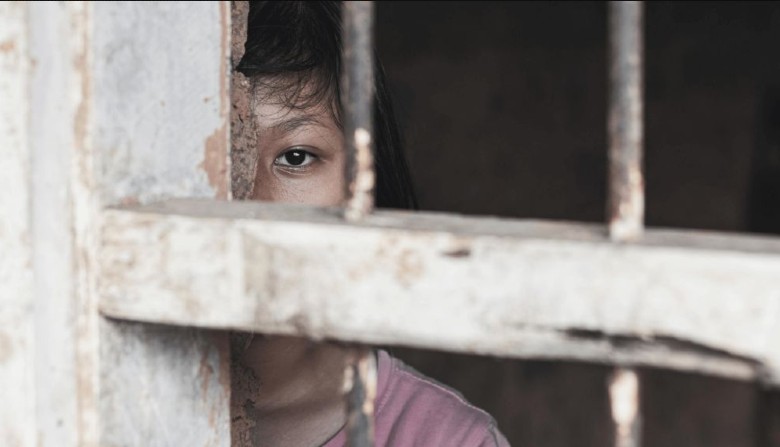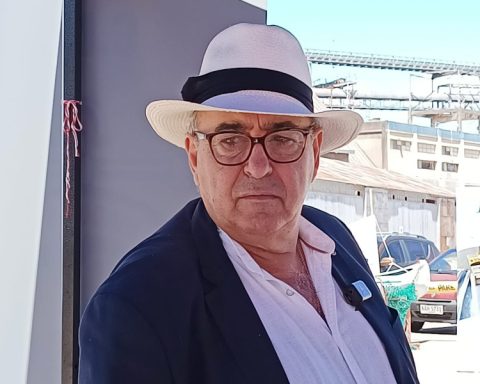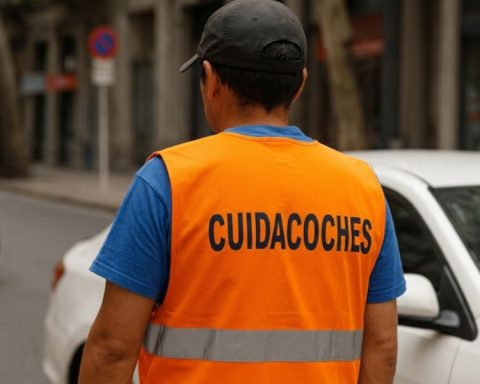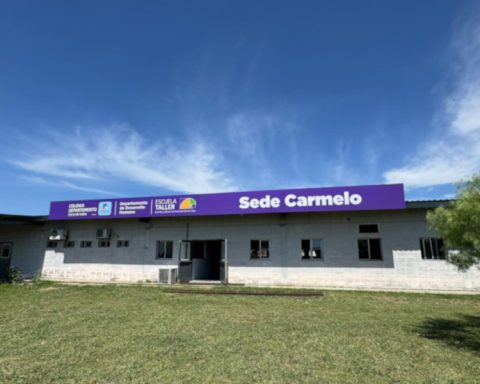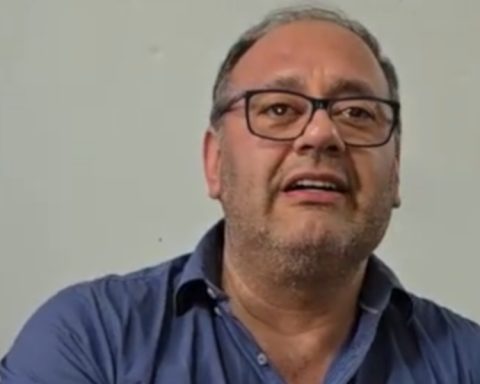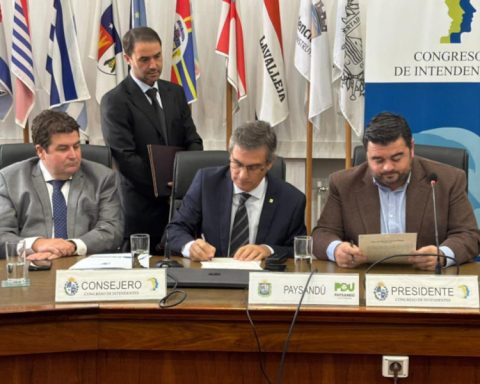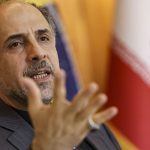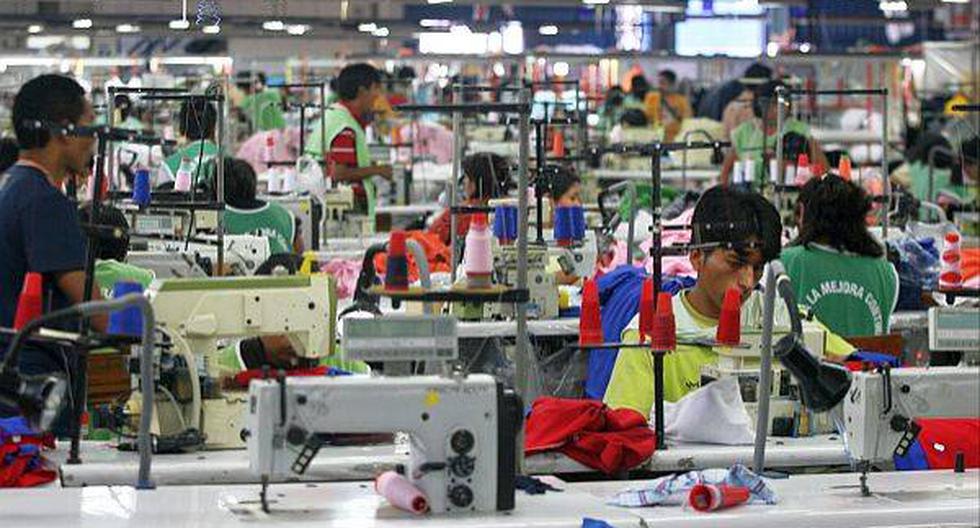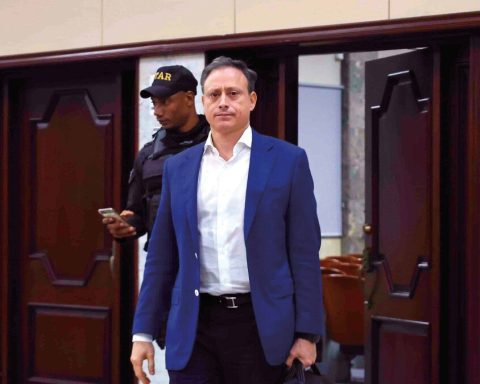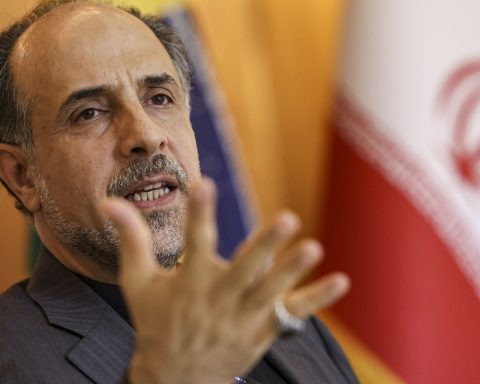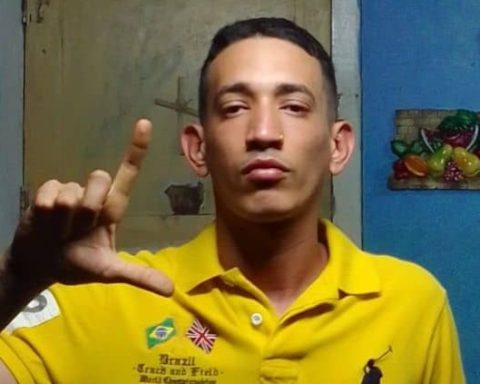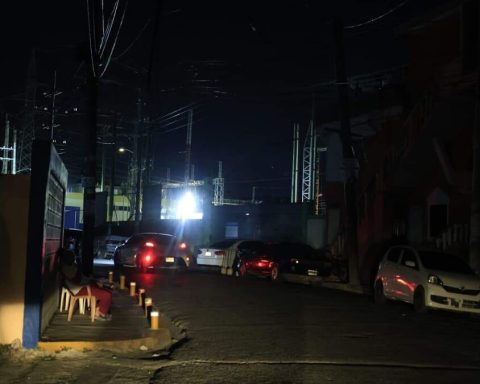Yesterday was the World Day against Trafficking in Persons, a date that invites us to reflect on one of the most important scourges in the world and that is growing.
In Uruguay there is a law, 19,643, which states that “trafficking in persons” is “the recruitment, recruitment, transportation, transfer, shelter, reception or lodging of persons, within the national territory or across borders, even with their consent, for exploitation purposes”.
Representatives from Uruguay participated in the First Conference of the South American Regional Meeting on the occasion of the World Day to Combat Trafficking in Persons held in Argentina. Elizabeth Gómez Alcorta, head of the Ministry of Women, Gender and Diversity of Argentina stated that “together with national authorities and those of Bolivia, Brazil, Colombia, Chile, Ecuador, Paraguay, Peru, Uruguay and Venezuela, we coordinate regional measures that promote prevention and assistance in situations of trafficking and sexual and labor exploitation of women and LGBTI+”.
A report from the United States Department of State, and referring to last year, indicates that in 2020, the government initiated 22 new investigations of trafficking, as opposed to the 23 investigations initiated in both 2019 and 2018.
The government formalized eleven accused traffickers in 2020, unlike the four formalized in both 2019 and 2018. Justice also formalized 39 people for seeking child victims of trafficking for sexual exploitation, unlike only 2 who had been formalized in 2019. «The vast majority of these additional formalizations were the result of a coordinated and multi-jurisdictional police investigation called “Operation Ocean” that focused on men (including a former juvenile judge, a politician and the director of a high school) who communicated with girls through mobile dating apps or online classifieds,” the report said.
Regarding the performance of Mides, it is indicated that in 2020, MIDES reported that Inmujeres provided assistance to 37 new victims identified in 2020, as opposed to the 83 victims of 2019 and the 95 of 2018, “but did not report on the number of victims of trafficking who received assistance from the INAU”.
The 37 victims treated by Inmujeres were all adult women, mainly of Uruguayan, Dominican or Cuban nationality. The government did not report identifying any male, minor, or LGBTQI+ victims of trafficking in 2020.
The report recalls that “as has been reported in the last five years, traffickers exploit national and foreign victims in Uruguay and Uruguayan victims abroad.”
Uruguayan women and girls (and, to a lesser extent, transgender adults and young men) are trafficked for sexual exploitation within the country. Traffickers force Uruguayan LGBTQI+ people and women to engage in commercial sex acts in Argentina, Brazil, Italy, and Spain.
“Traffickers subject women from Cuba, the Dominican Republic, Haiti and, to a lesser extent, from other South American countries, to trafficking for sexual exploitation in Uruguay. Many victims are South American women of African descent. Foreign workers, especially from Argentina, Bolivia, Brazil, Cuba, the Dominican Republic and Paraguay, are subjected to forced labor in construction, domestic service, cleaning services, care for the elderly, wholesale stores, textile industries, agriculture, fishing and processing wooden,” he says. And he adds that “it is possible that Cuban citizens who were working in Uruguay have been forced to work by the Cuban government.” It also indicates that “traffickers subjected Cuban immigrants, particularly women, to trafficking for the purpose of sexual exploitation in border cities. Traffickers may move victims from one city to another to avoid detection and prolong exploitation.”
The report clarifies that “Uruguay does not fully comply with the minimum standards for the elimination of human trafficking, but is taking important steps to achieve it.” It is noted that “the government generally demonstrated to have worked more on the issue compared to the previous reporting period if one takes into account the impact that the COVID-19 pandemic may have had on its capacity to combat trafficking. Therefore, Uruguay remained at level 2.
It also indicates that “the government identified fewer victims than in the previous reporting period. Police officials and labor inspectors did not proactively and systematically identify victims, and the government did not provide adequate services for victims or consistent access to shelters. The government devoted insufficient resources both to investigate, prosecute, and convict perpetrators of the crime of trafficking for labor exploitation, and to protect the victims of this crime. There were no protective services available for adult male trafficking victims, and officials inconsistently referred victims of labor trafficking to the various available services. Some victims refused to participate in trials against their traffickers because they had doubts about the government’s ability to guarantee their safety.
